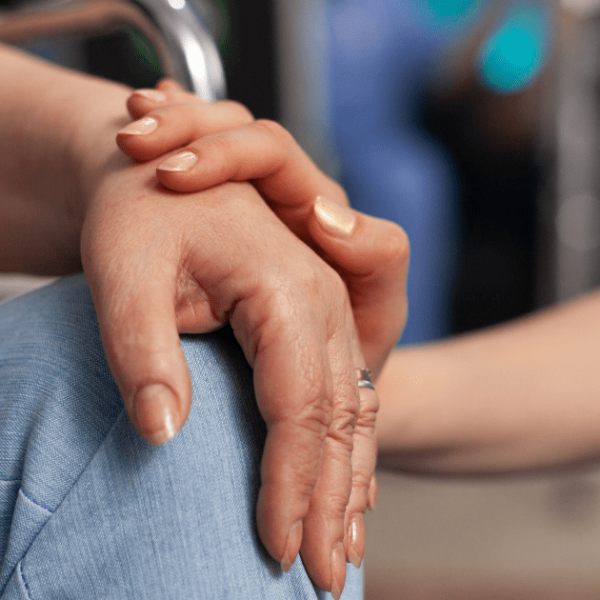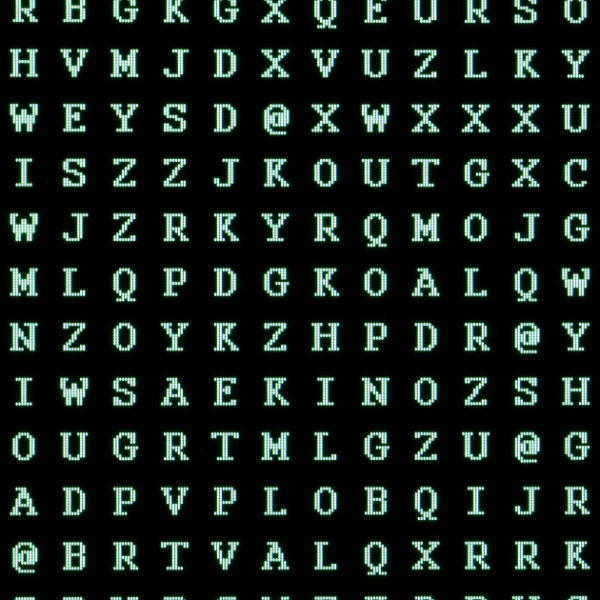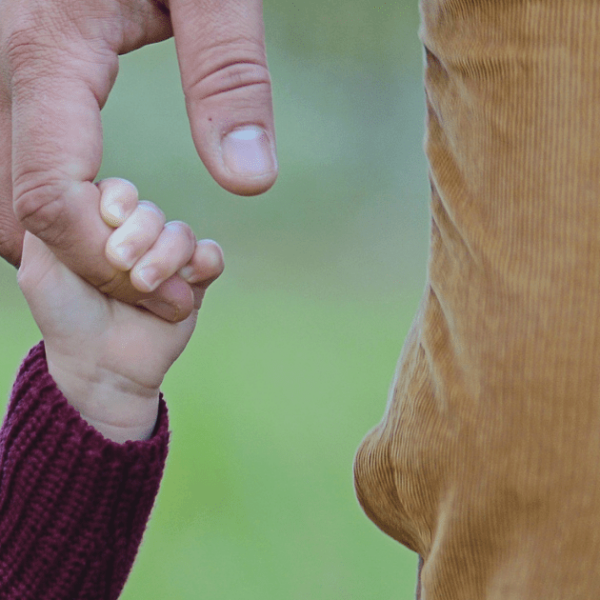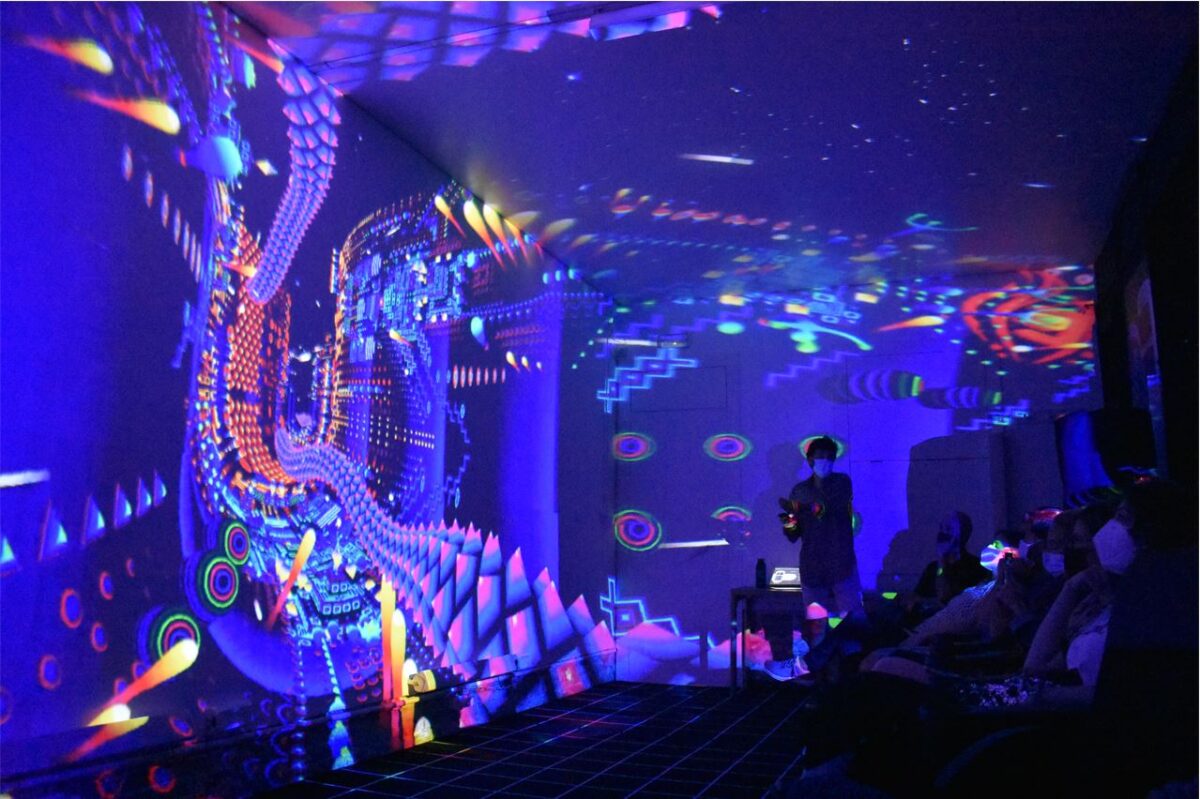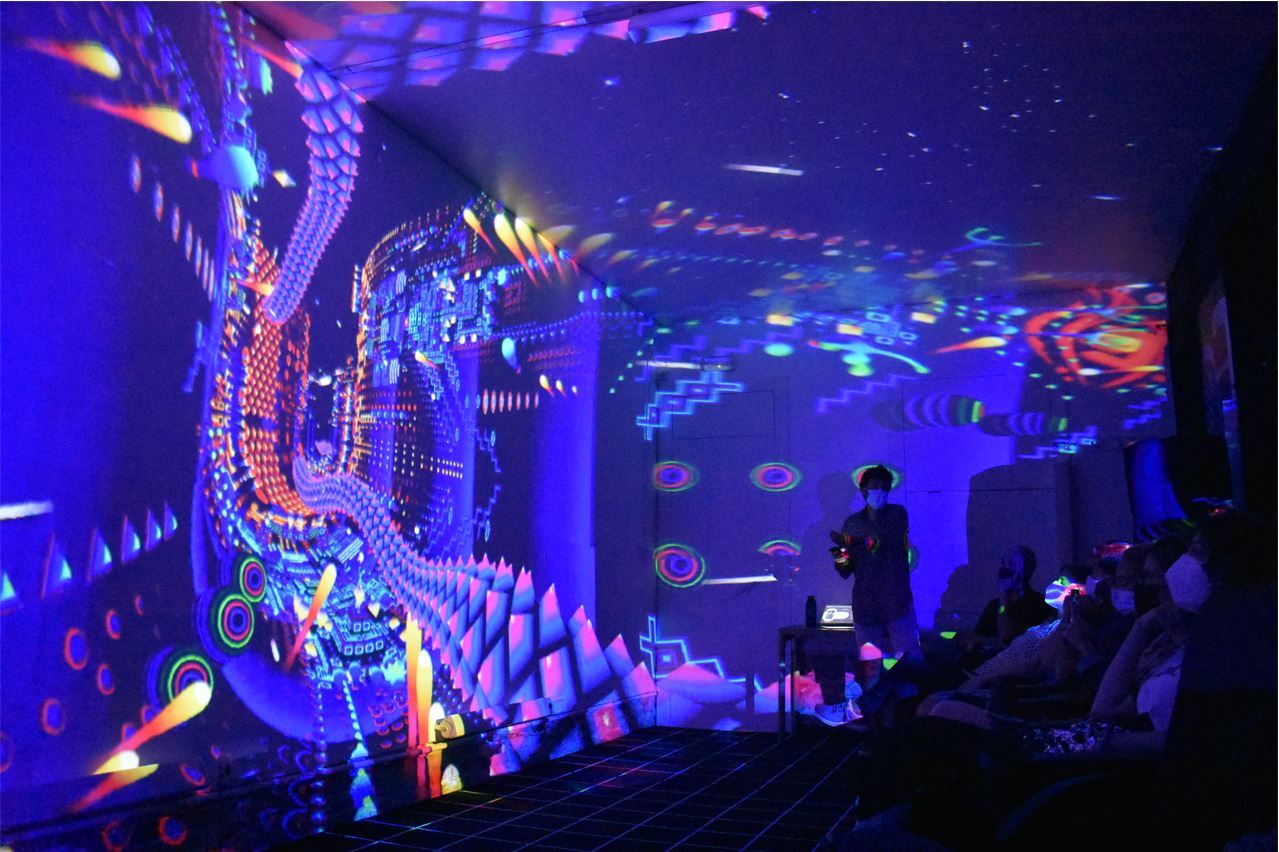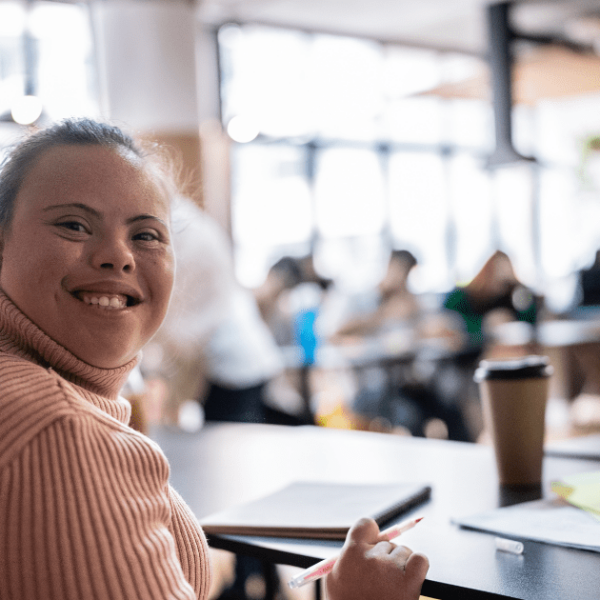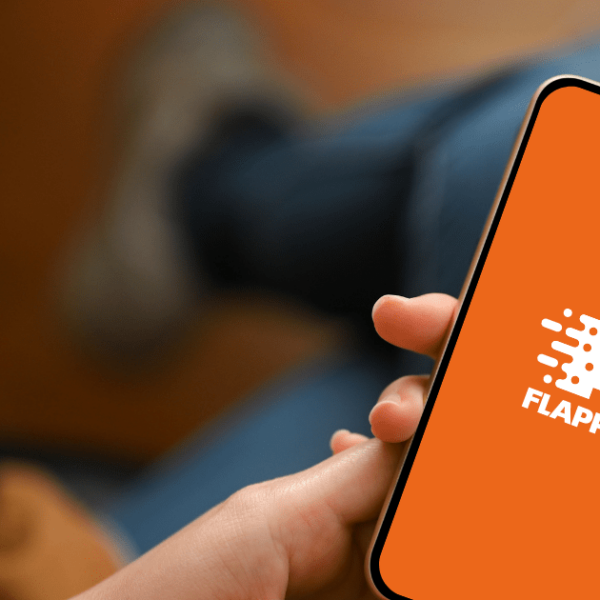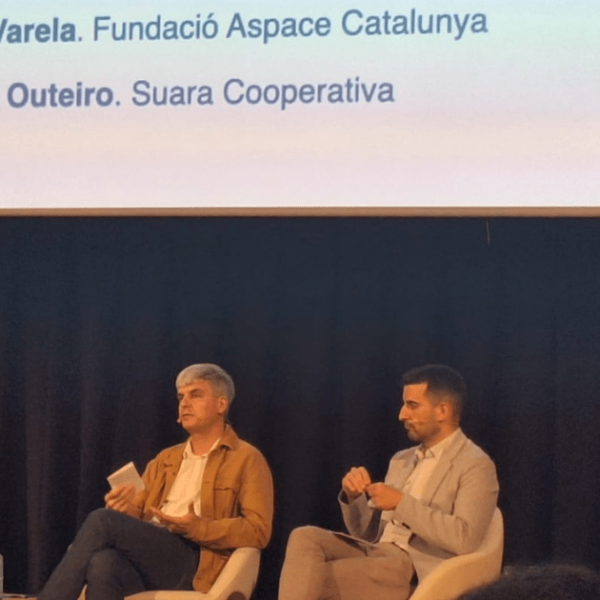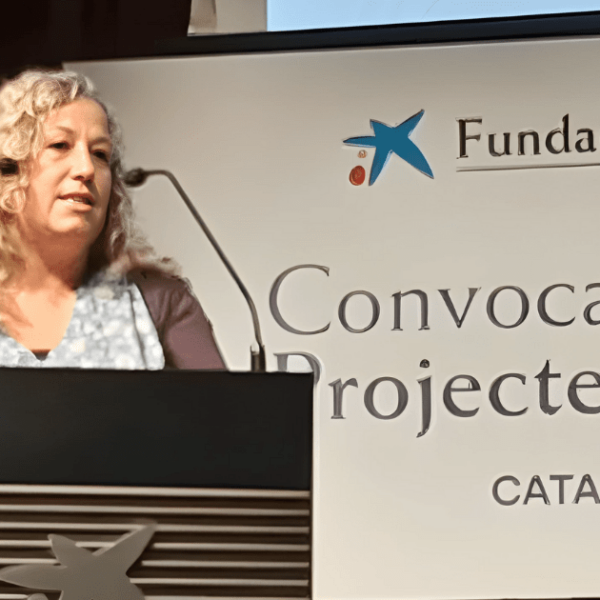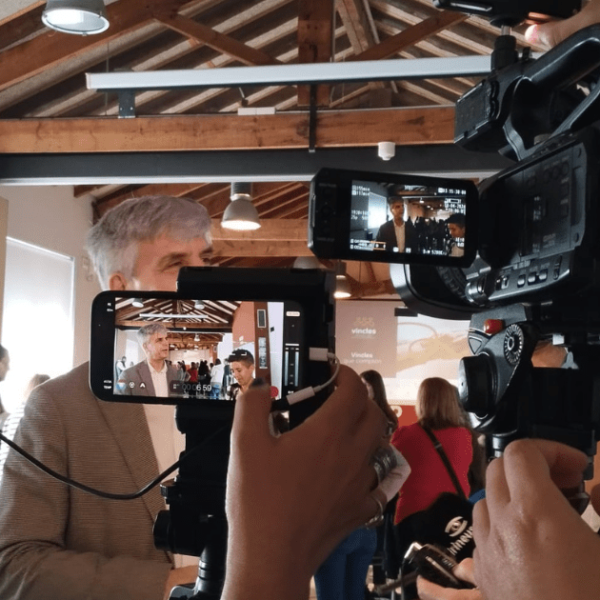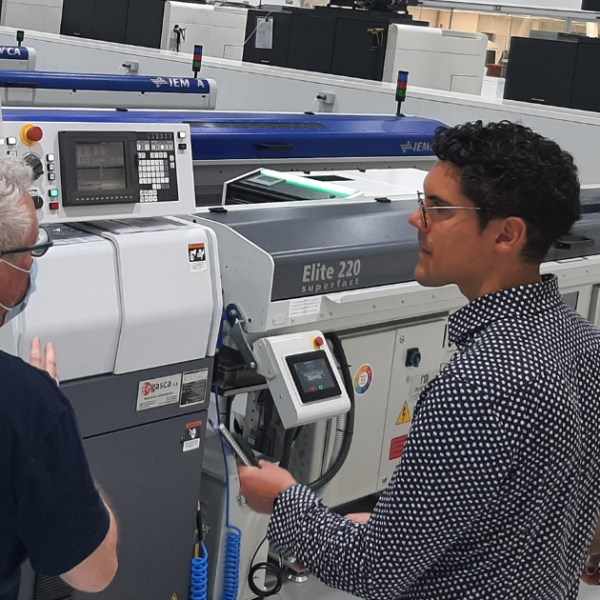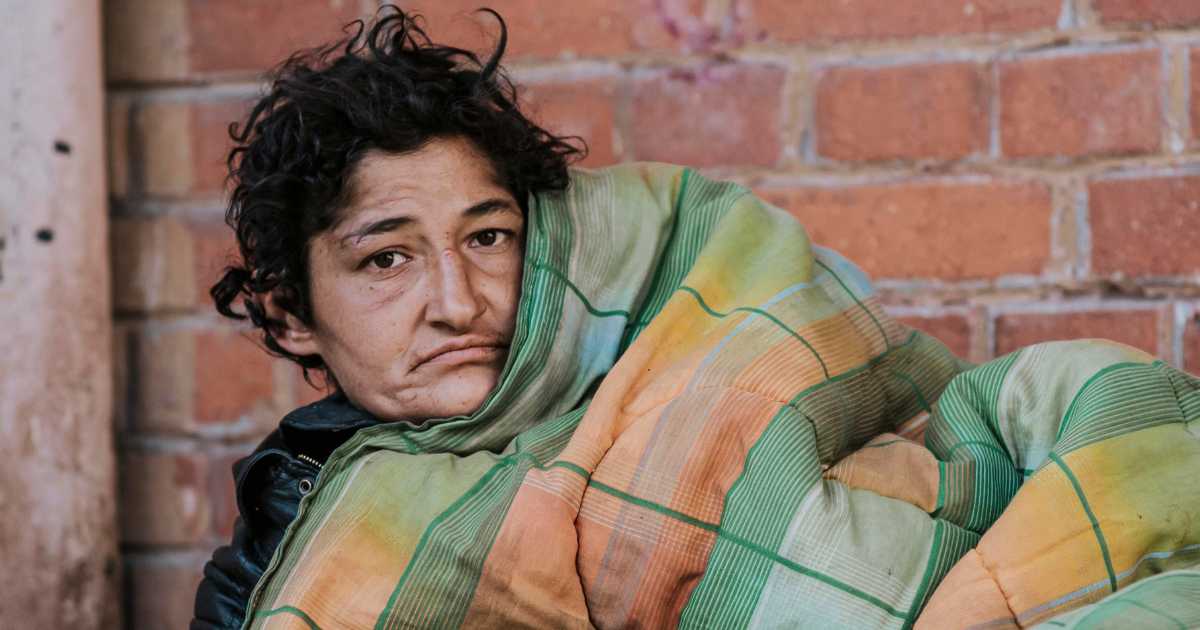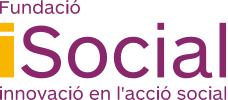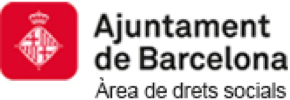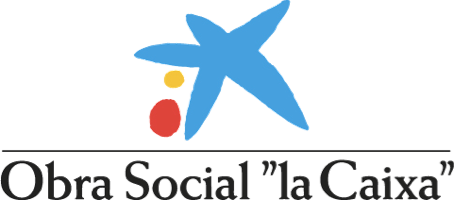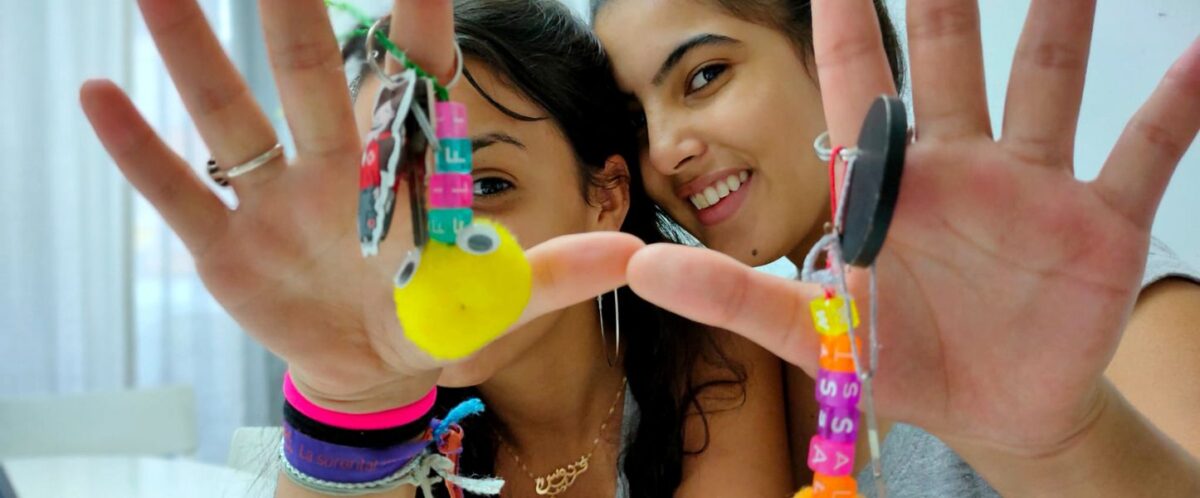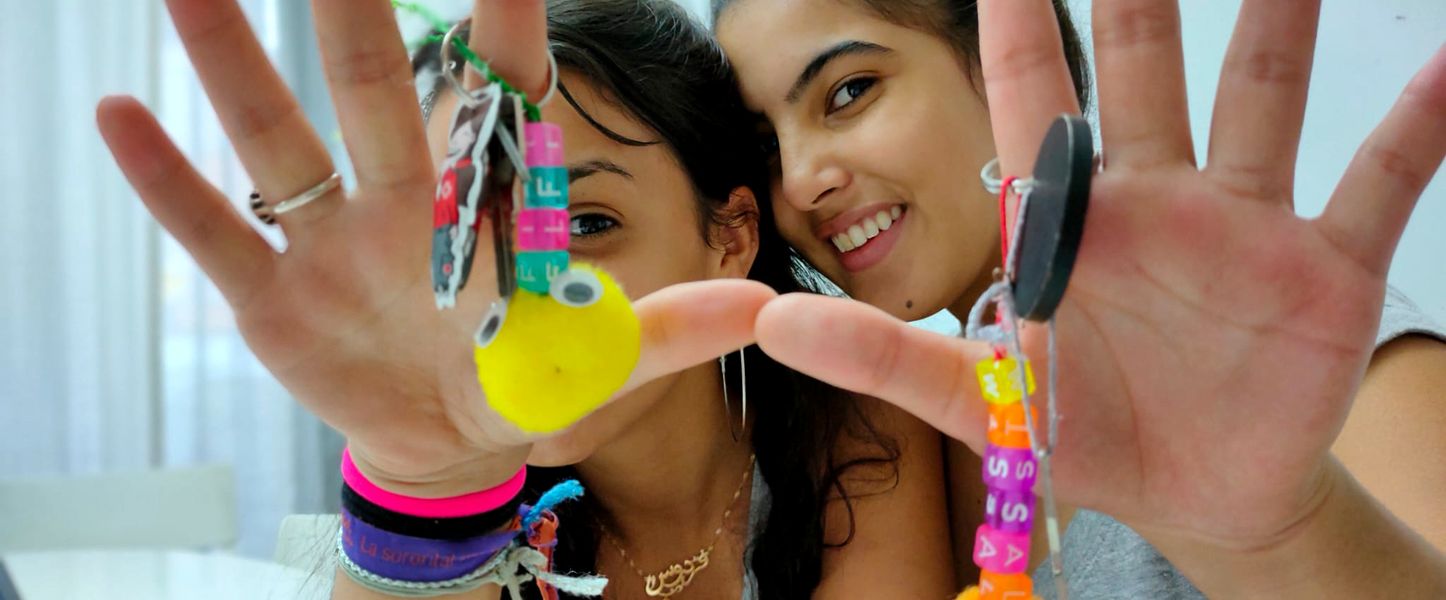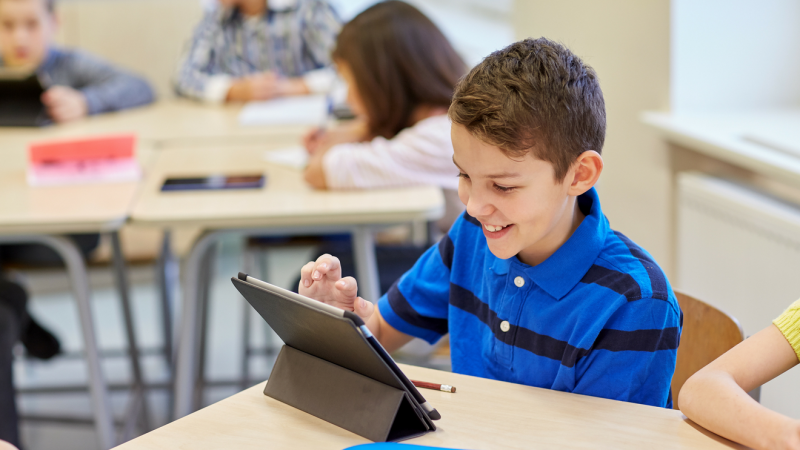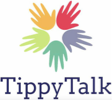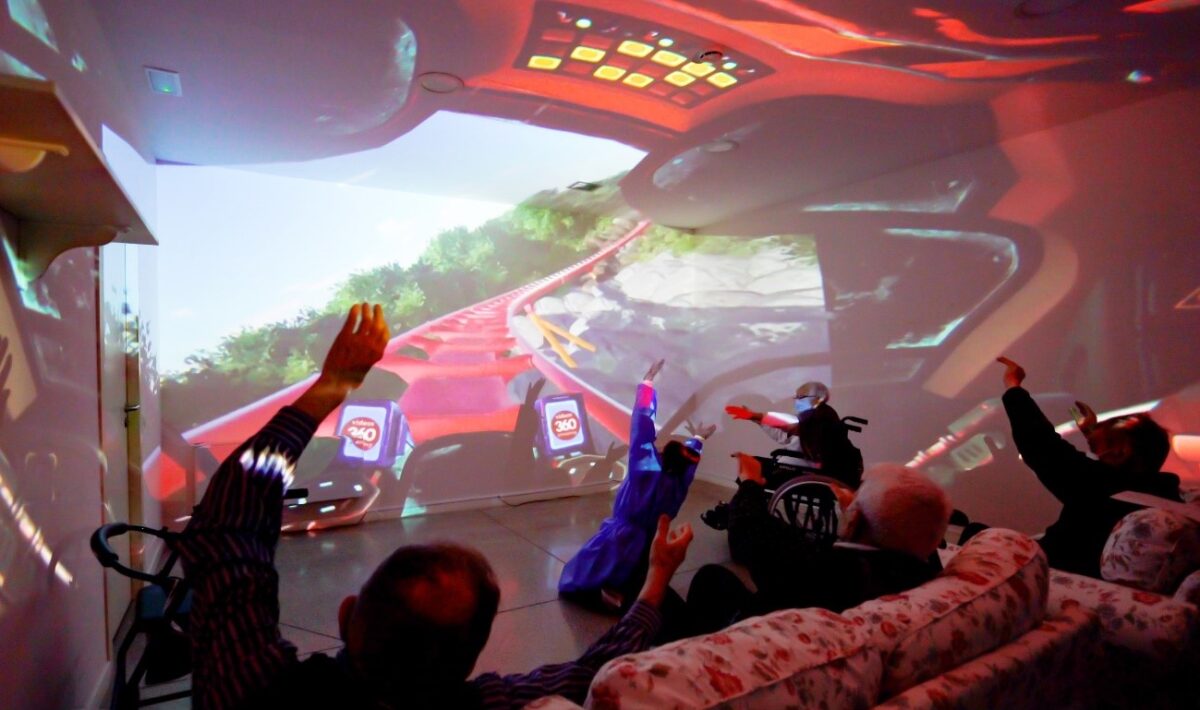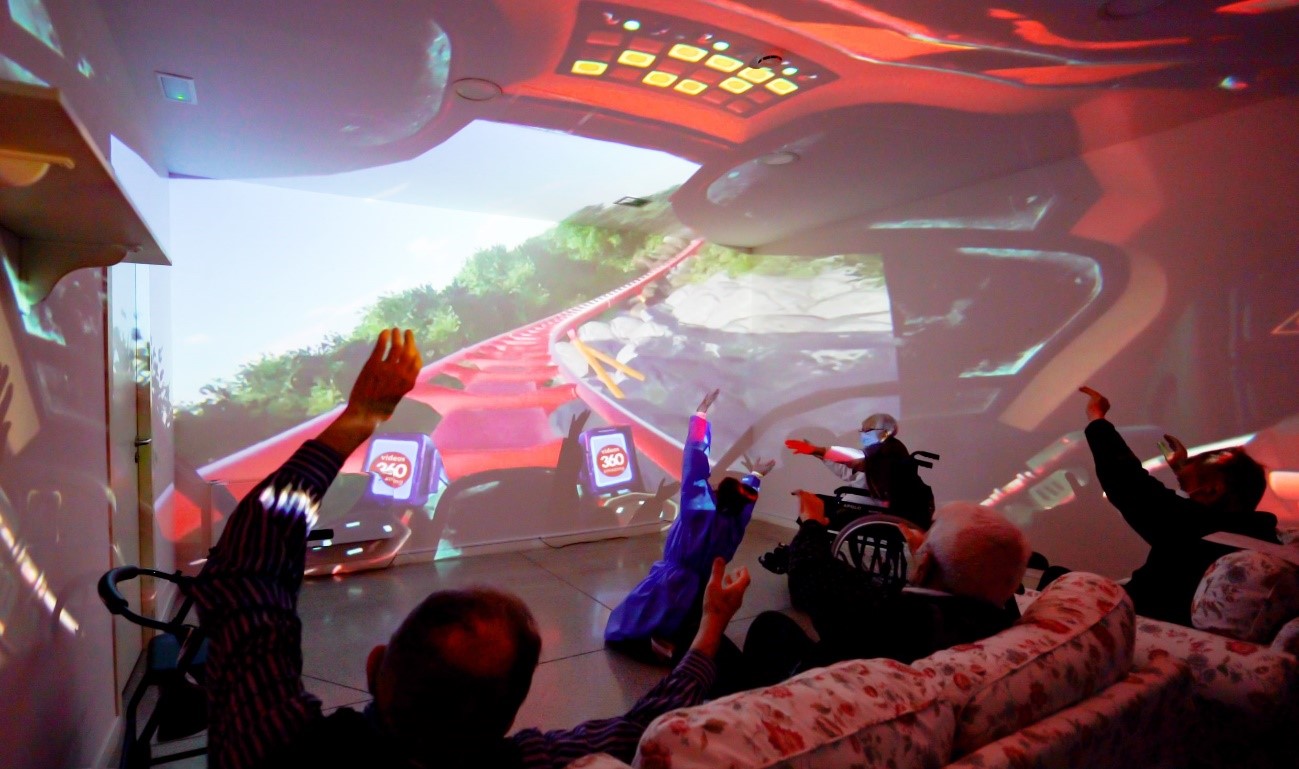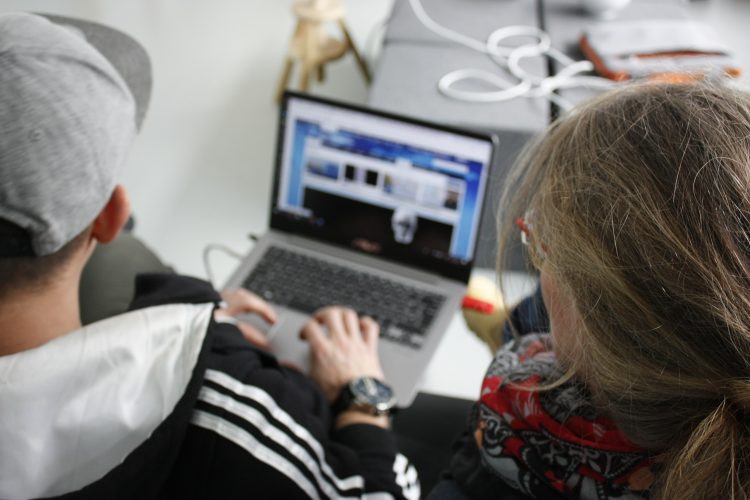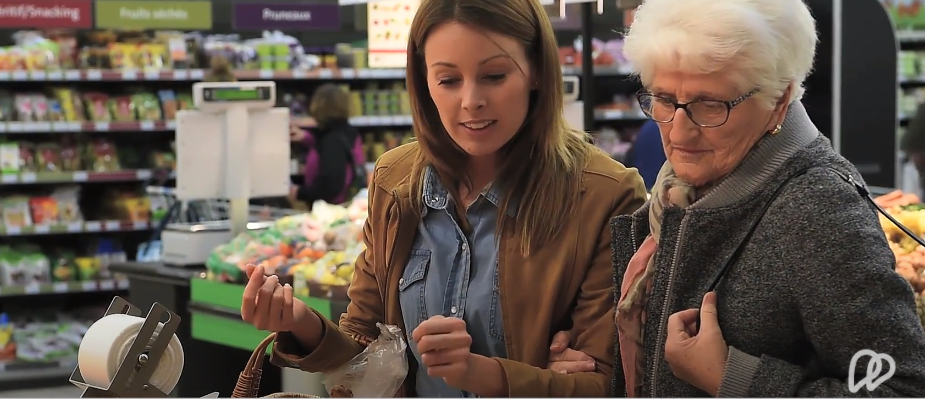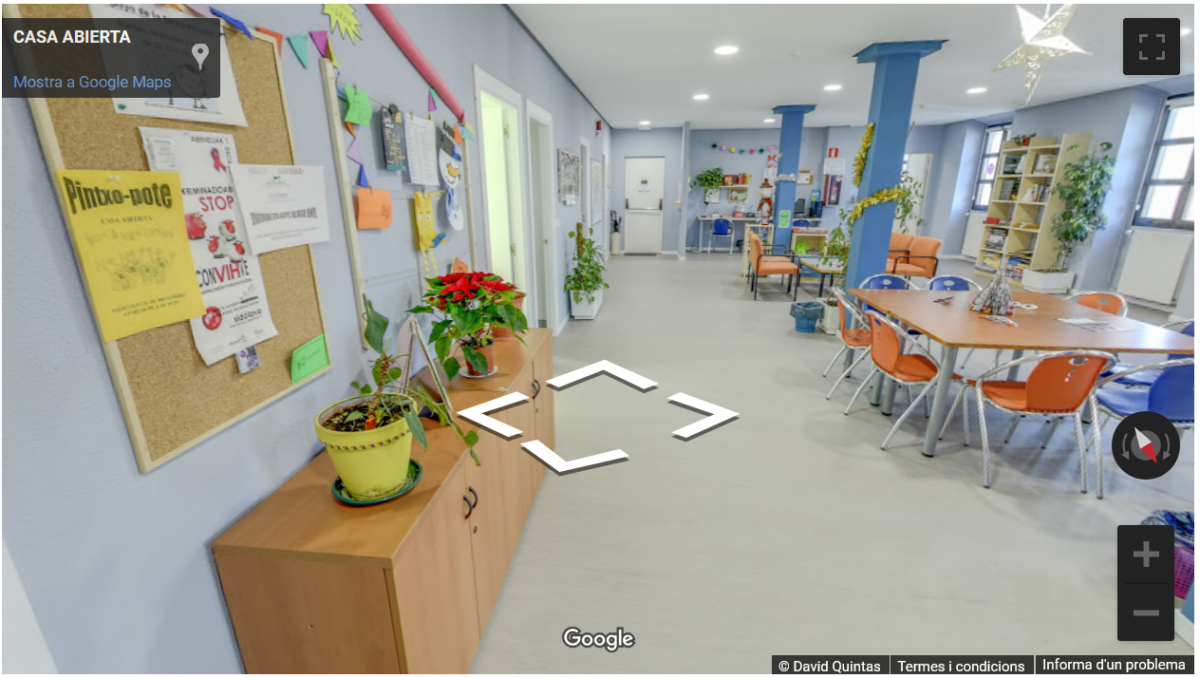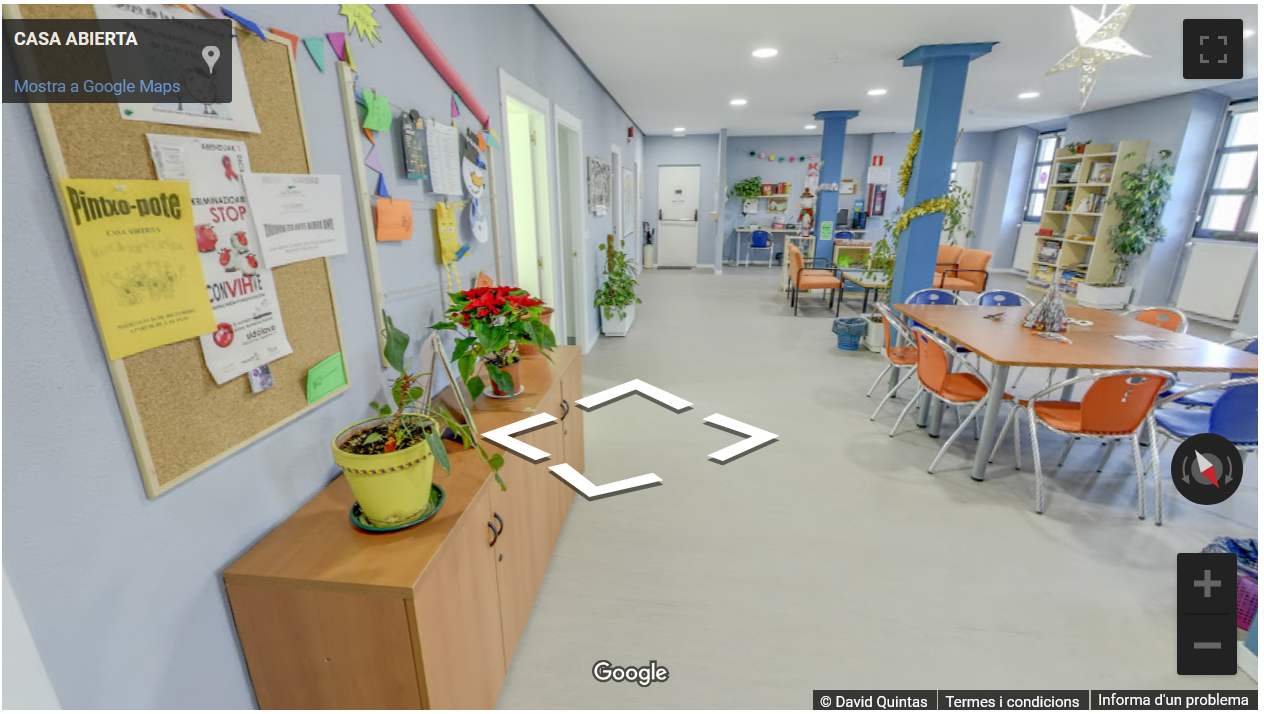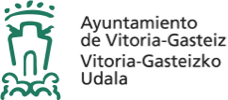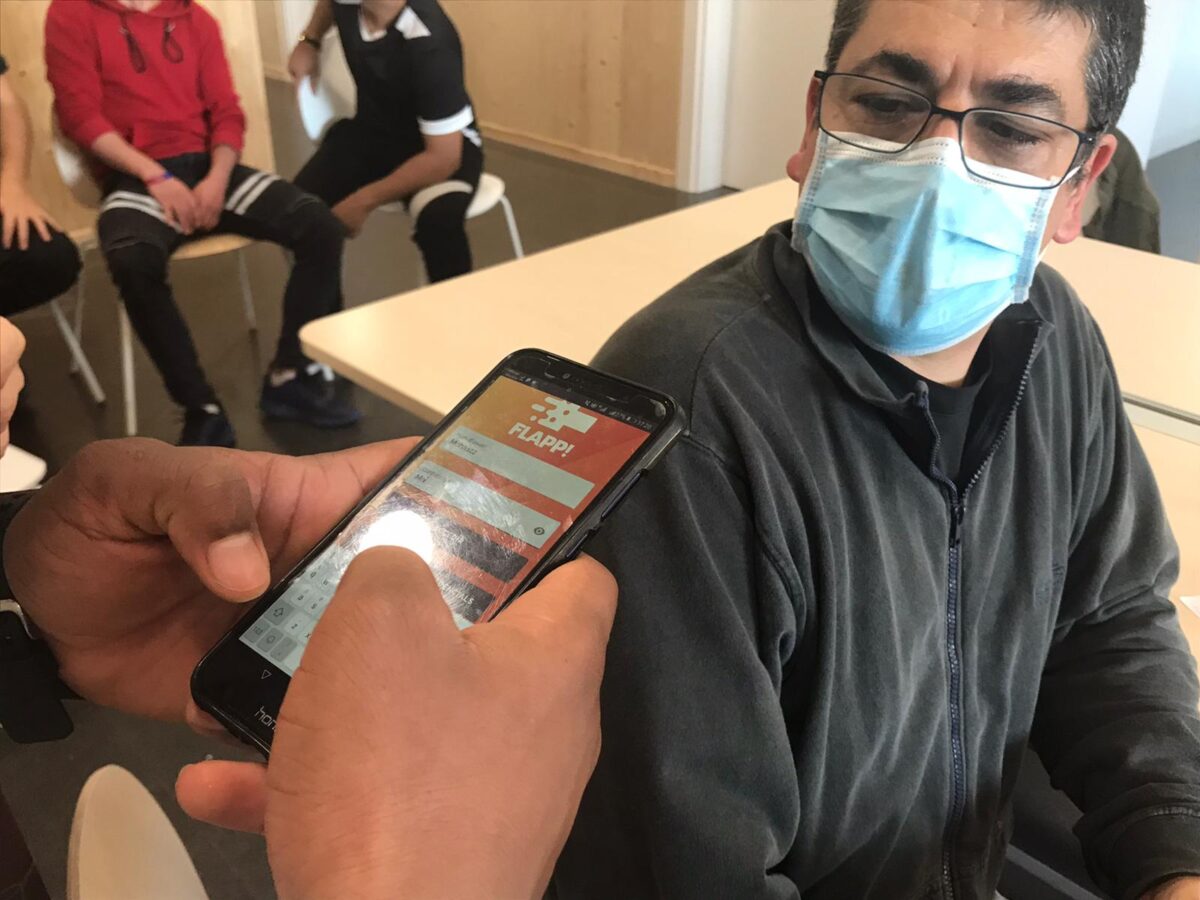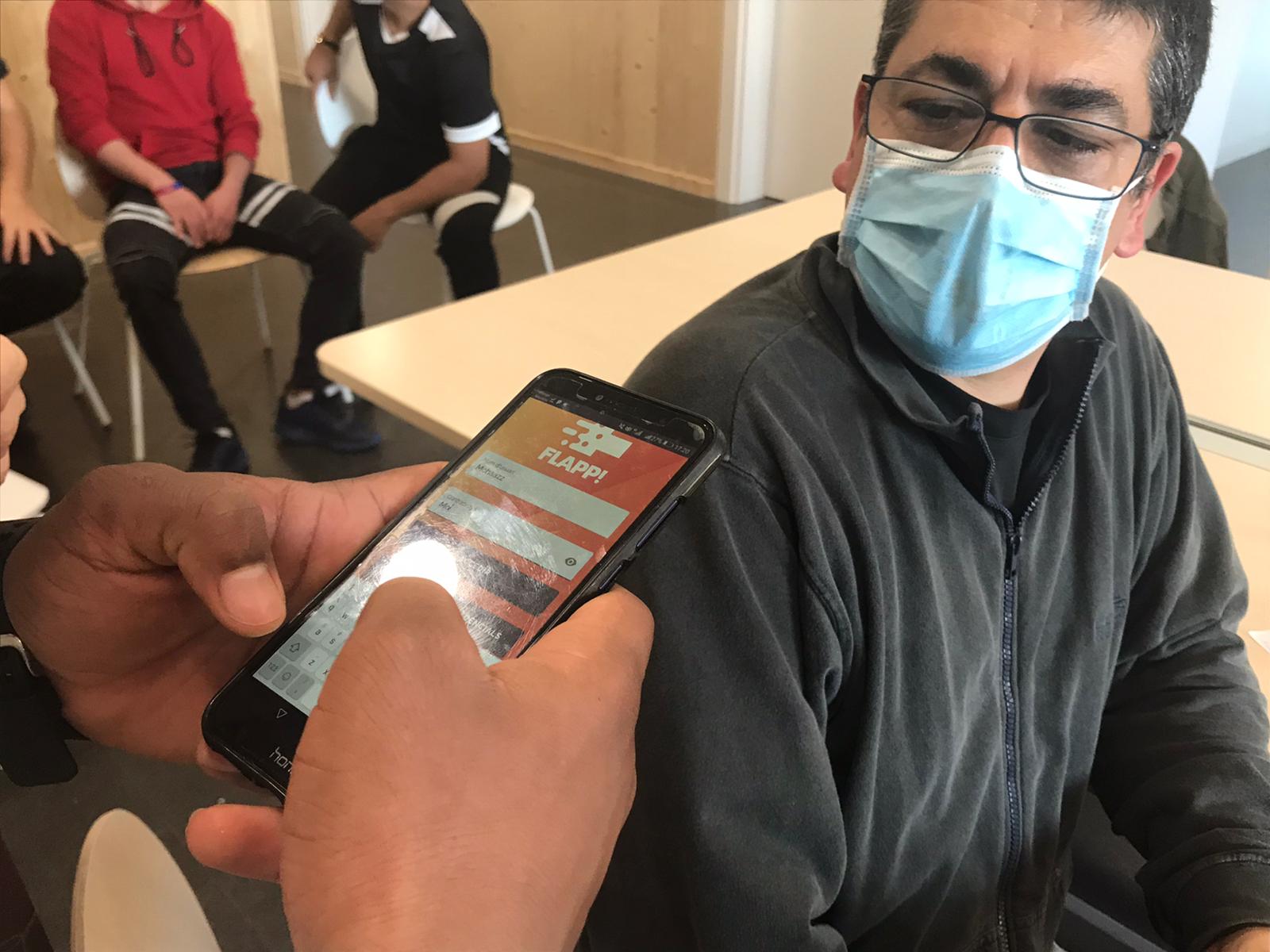Gillie.AI, artificial intelligence that monitors patients at home
Gillie.AI, artificial intelligence that monitors patients at home
Gillie.AI
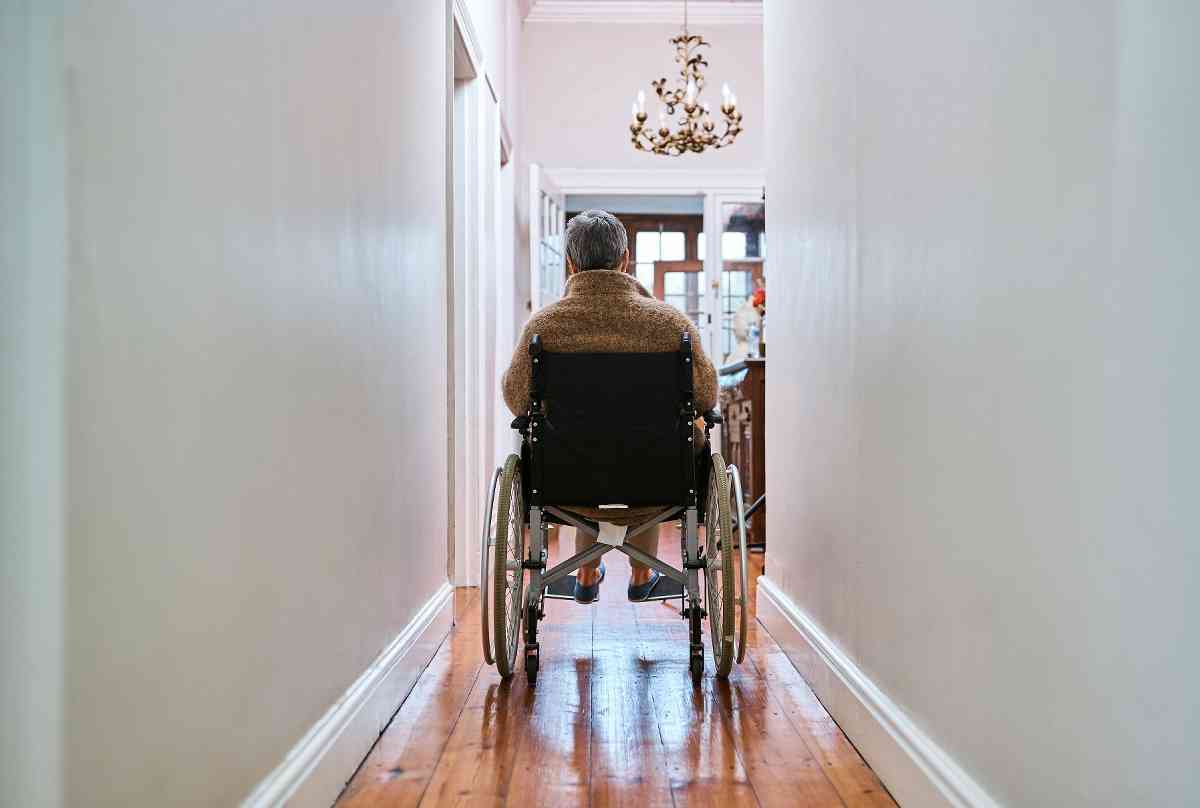
Image taken from Gillie.AI’s website
Cloud service that, thanks to Gillie.AI technology, analyzes the medical and welfare data of people with long-term care needs, to turn them into practical information and personalize their attention.
Artificial intelligence allows those who take care of patients at home to constantly monitor their physical and mental wellbeing through a platform that monitors the condition of patients remotely.
Gillie.AI’s software analyzes the reports that workers produce when visiting patients and draws conclusions: if there has been an improvement, if the patient’s situation has worsened in a particular aspect… By doing this, risk patterns can be easily identified and urgent needs can be anticipated.
In addition, professionals can organise patients’ visits according to how critical their state is and receive direct notifications to their smartphones in case of emergency.
Characteristics of innovation
Location
Finland
Collaborators / Funders
—
Genesis
The aim of this software is to optimise resources in the area of dependency care. Constant monitoring allows to reduce the time used to analyze the status of each user, while facilitating the transfer of knowledge in the socio-sanitary sector.
Level of implementation
In May 2020, Gillie.AI reached an agreement with the health institution Mehilainenoy, Finland’s largest private health provider. In June of the same year, they implemented their system in Helsinki, bringing it to more than 10% of the country’s population.
Currently, this new service is also in the process of being implemented in Catalonia under the name of SACOM10 (Service d’Accompanying the Malalt)

Banc d’innovacions

